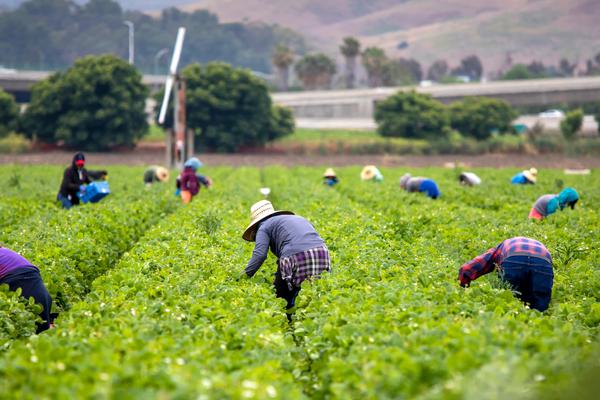Progress since the Introduction of the UK Modern Slavery Act
6 September 2018

In 2015, the UK Government introduced the Modern Slavery Act, with the aim of significantly reducing the prevalence of modern slavery in the UK.
In July 2018, the UK Home Affairs Committee agreed to undertake an inquiry looking at what progress has been made in the three years since the Modern Slavery Act came into force and what more remains to be done.
IHRB fully supports the UK Modern Slavery Act and believes that such legislation can play a significant role in preventing forced labour and trafficking within the UK and abroad. The Government of the UK should be commended for the global leadership position it has taken in combating modern slavery. The UK Modern Slavery Act has been a significant development in protecting workers from forced labour and trafficking, supporting responsible business and preventing criminality. However, IHRB believes the continued and further success of the legislation is, as outlined in the submission, contingent on increased Government activity to promote and ensure compliance with the Act and in doing so increase efforts by all stakeholders to do their part in preventing modern slavery. In particular, IHRB makes specific recommendations around the following:
- coverage of government supply chains
- improving the quality of modern slavery statements
- the crucial role of the independent Anti-Slavery Commissioner
- creating a central list of companies and registry of statements
- effective enforcement of legislation
- moving beyond simple disclosure.
Read the full IHRB submission here.
Photo: Flickr/Brett Lewin/Freedom Fund


